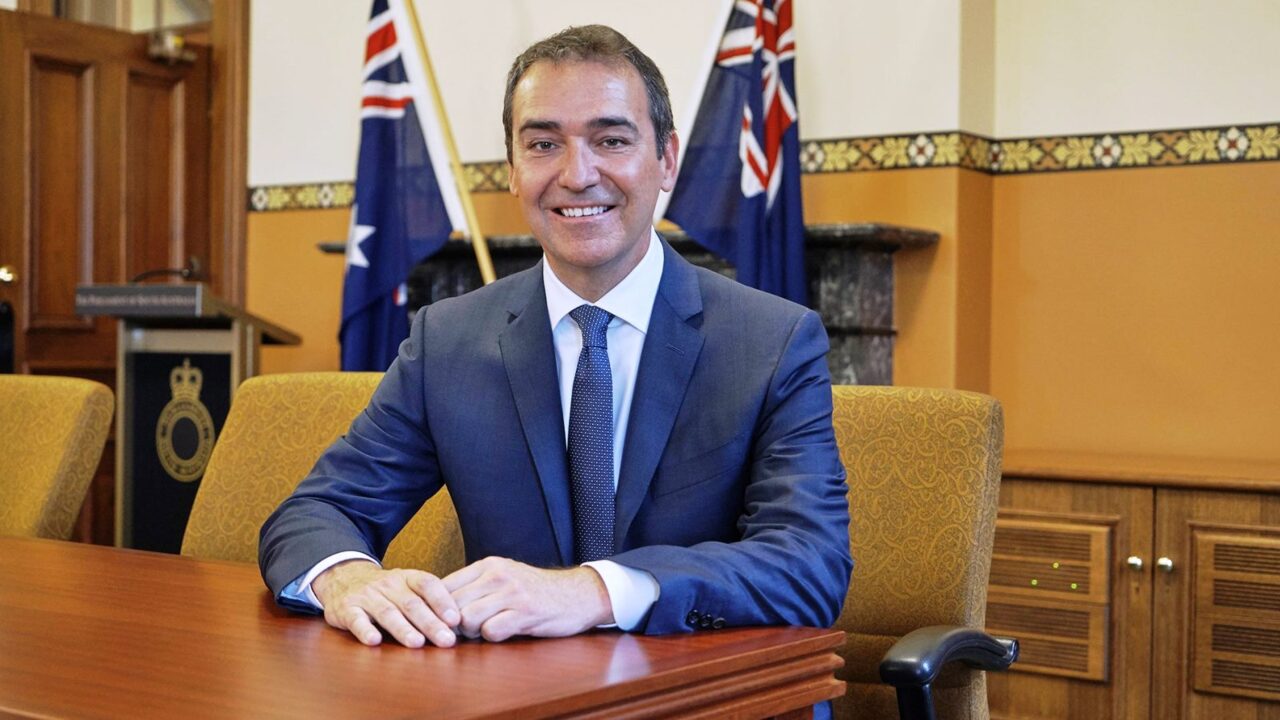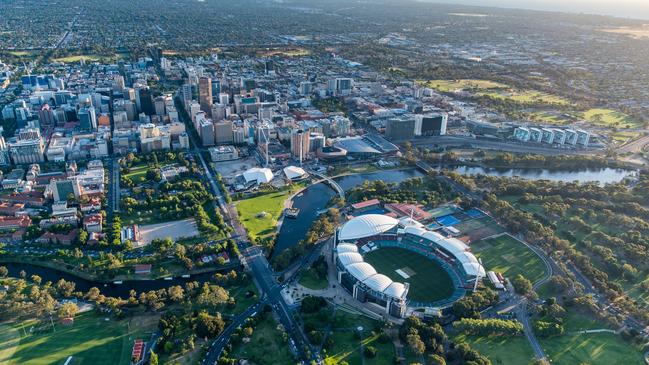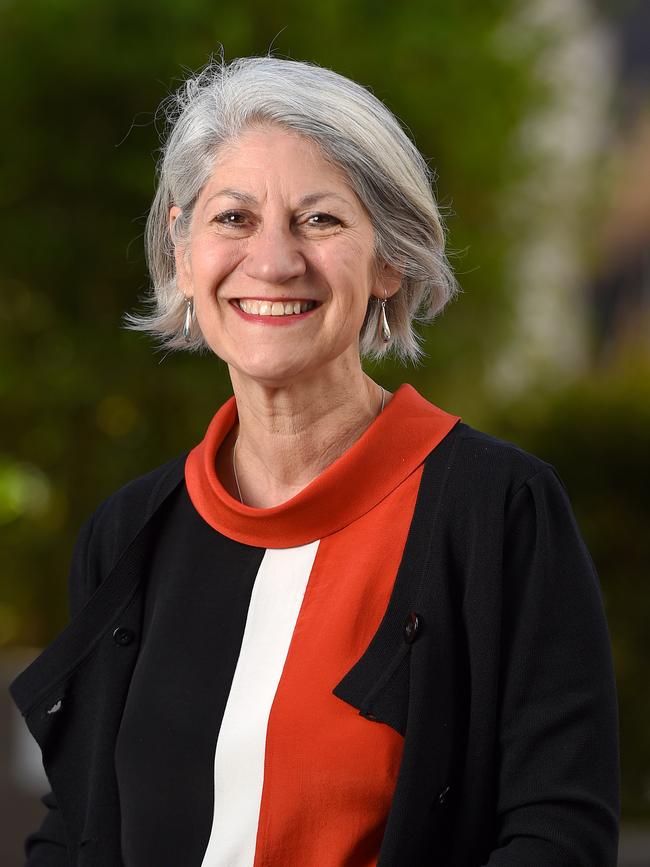ABS data show Adelaide and South Australia’s population growth still very slow
New figures show Adelaide’s CBD population is growing rapidly but the metropolitan area grew so slowly that Adelaide now has the nation’s second lowest capital city growth rate.

SA News
Don't miss out on the headlines from SA News. Followed categories will be added to My News.
- SA Government trials visa for migrant tradies
- Marshall push to let foreign students stay on longer
- Just talk to Nyrstar, Brock tells Port Pirie council
Greater Adelaide’s population growth has remained in the slow lane, new figures show.
However Adelaide City Council has recorded strong growth, in a sign its bid to reach 40,000 residents by 2036 is back on track.
Premier Steven Marshall has described increasing South Australia’s population growth as one of his key priorities.
However, new figures from the Australian Bureau of Statistics show SA’s growth is slower than most of the nation.
The Greater Adelaide region — stretching from Gawler to Sellicks Beach and east into the Adelaide Hills — grew by 11,339 people to 1.345 million last year, at a rate of 0.8 per cent.
It was the second slowest capital city growth rate in the country, with only Darwin faring worse, and well below the 1.9 per cent average.

SA’s overall growth of 0.7 per cent, to about 1.73 million people, was well below the national average of 1.7 per cent.
Mr Marshall said the latest ABS figures reinforced the need for strategic and targeted population growth in SA.
“If South Australia is to become more competitive on the world stage, we simply must improve our population growth rate to ensure we have the workforce required to meet our specific skills shortages, especially out in the regions,” he said.
“It’s unsustainable for cities like Melbourne and Brisbane to grow at more than 2 per cent in a year, while Adelaide virtually stagnates and some of our regional areas are suffering population decline.”
The figures showed the Adelaide City Council area had the strongest growth in the state, adding 546 people in the year to take the population to 24,794 - a growth rate of 2.3 per cent.

But one council target, to reach 28,000 by next year, will not be met, prompting Lord Mayor Sandy Verschoor earlier this month to announce a focus on attracting Millennials.
Yesterday Ms Verschoor, ictured, said she was happy with the steady growth the ABS figures showed, but more work was needed.
“We’ll continue to market the City of Adelaide as the best place to live, work and play,” she said. “We’re also committed to improving our infrastructure, the vitality and vibrancy of the city.”
Adelaide City Council’s growth was helped by 747 overseas arrivals, a bigger number than the district’s overall population rise.
Port Adelaide-Enfield Council had the largest boost of overseas arrivals in Greater Adelaide, with almost 1500.
SA Property Council executive director Daniel Gannon said while there had been encouraging growth in disparate parts of the state, SA had not experienced any growth whatsoever in a four-year period.
“The (State) Government’s appetite for growth is promising and the recent City Deal focused on increased migration will help,” Mr Gannon said.


